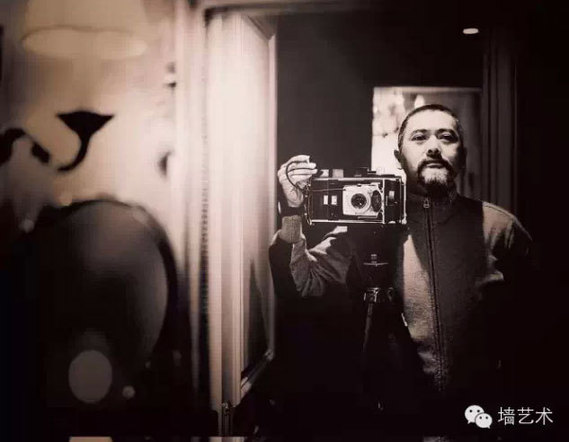Chow Yun-Fat: Photography, a true passion of mine
- By Tom Cunliffe
 0 Comment(s)
0 Comment(s) Print
Print E-mail China.rog.cn, January 21, 2015
E-mail China.rog.cn, January 21, 2015
Chow Yun-Fat is famous Hong Kong actor but he has also gained a reputation as an accomplished photographer. Throughout his acting career he has kept-up a keen interest in photography. This began when he was at the acting school of Hong Kong's TVB television station where many other future stars, including Stephen Chow, learnt their trade.
 |
|
Chow Yun-Fat is famous Hong Kong actor but he has also gained a reputation as an accomplished photographer. [Photo/weixin.qq.com] |
Chow Yun-Fat photography first gained acclaim in 1997, when his sister entered three of his pictures to a competition at a Hong Kong gallery. She submitted them secretly under a false name. So Chow was surprised to learn that one of his photographs, of some tomatoes, had won third prize.
"That day, my wife bought some tomatoes to prepare for lunch. For that picture, I didn't use a Tungsten light, just an ordinary fluorescent light, because the light source was very close to the tomatoes, if I'd used a tungsten light it would have roasted the tomatoes until they were dry. I put the tomatoes in the freezer for a short while before taking the picture. So, when I took them out they were covered in a layer of moisture, which made the texture even better."
Throughout his extensive career in film, spanning over 30 years, Chow says that, aside from his wife, his closest relationship is with his camera. He loves to use his 4x5 camera or 8x10 camera - often developing the film in a darkroom himself. Chow enjoys the entire the process. "It's the unknown. Pressing the camera's shutter button is only one part of taking a picture. Before taking the picture into the darkroom to develop it, you don't know how it's going to turn out. Also, if you're taking a picture using an 8x10 film, each picture will cost about £10. So, as you are about to take the picture, you've really got to think about whether it's worth £10 or not!" The whole process from start to finish is a source of great joy for Chow. Chow describes his aversion to digital photography. He dislikes the idea of the instant photo and way you can delete a picture so easily.
Such photo's can be taken mindlessly. With film, you have to cautiously devise a method of mixing the liquid to develop the photograph with care and precision and there is a danger that the images will not come out as you wish. The sense of satisfaction that Chow derives from the production of a successful photo is one that money cannot buy.
In 2008, Chow held a small exhibition of his photographs, 18 of them were taken behind the scenes of films he had recently starred in. His favourite was of the actress Gong Li having her make-up done. The photograph was taken on the set of the Curse of the Golden Flower. Chow donated the picture to a charity and it was sold for around £31,000 at auction.
Chow says being a film star allows him to indulge in his passion for photography. It gives him the opportunity to travel the world and take photos at the same time. Though movies and photography go side by side, he is quick to point out the difference between the two. Whereas acting is his work; photography is his intimate passion. He describes photography as a private pleasure that comes from the heart. "When I go and act in a film, I am surrounded by attendants, it all looks very grand. So, why do I persist in taking pictures and lugging a huge film camera around with me, even though it's tiring to do so? Because it's an incomparable pleasure! Acting is a way to support one's family but photography is a true passion of mine, something which I can enjoy on my own."






Go to Forum >>0 Comment(s)